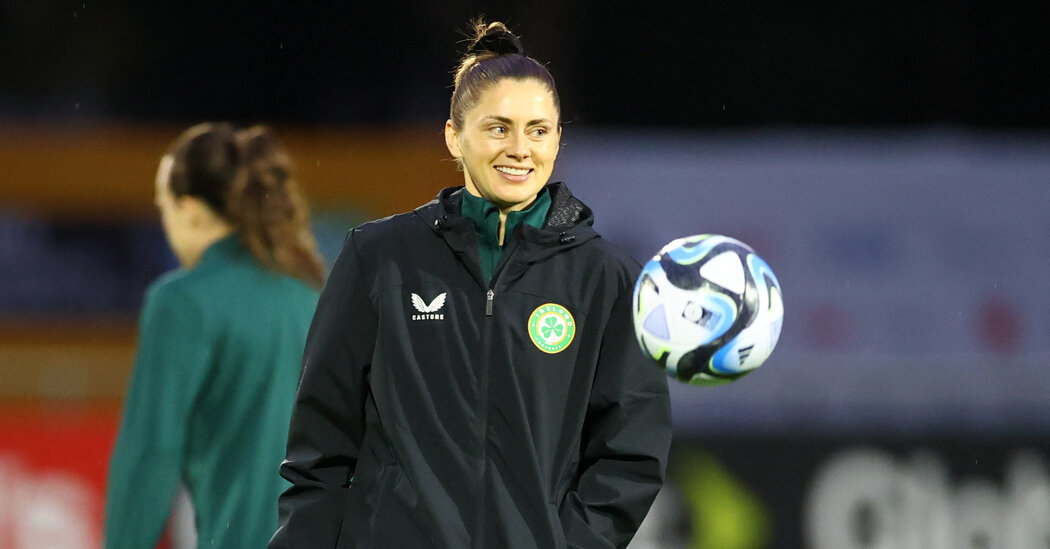
The one thing she could not do, Sinead Farrelly knew, was talk. Nobody had ever told her that explicitly, of course. It was just something she understood. Soccer, her first time around, operated under what she can now call a “culture of silence.”
The perceived delicacy of the sport meant that principle applied publicly almost as a matter of policy. Only a little more than a decade ago, Farrelly and her peers playing in professional leagues — first the W.P.S. and then, after its dissolution, the incipient N.W.S.L — did so keenly aware of their own mortality.
“You want fans to come so the league can survive,” Farrelly said. “You can’t be sharing how bad it is or what the conditions are really like. You have to put on a show for the development of sport. You owe it to yourself, your teammates, future generations.” It felt, to her, like “living a double life.”
Something darker held the omertà in place privately, among the players themselves. Years later, Farrelly would feel strong enough to tell the world what she had endured: years of psychological torment and allegations of coercive sex at the hands of the coach to whom she felt she owed her career.
